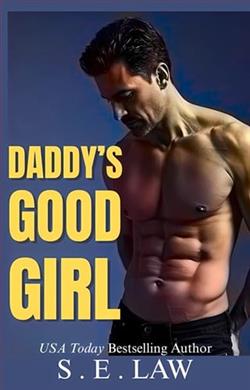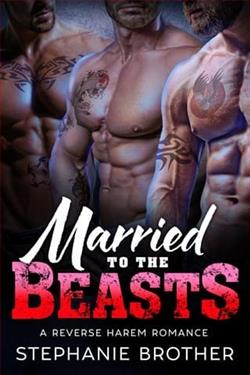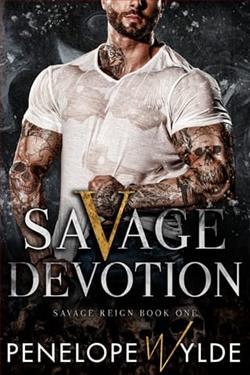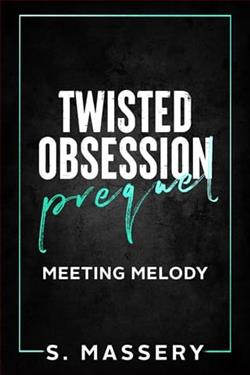Page 57 of Full Tilt
“A legacy,” Jonah replied. “Let’s sit for a minute.”
He led me to the plush maroon couches directly under Chihuly’s blown glass. The couch was soft and invited me to slouch into its cushions, but I sat ramrod straight, bracing myself.
Jonah leaned forward, resting his forearms on his thighs and turning his medic alert bracelet around and around. I could see him measuring words and assembling sentences, working up the courage to tell me something that was going to change everything.
“If you’re going to ask me to marry you, the answer is no,” I said. “We hardly know each other. I need at least three more cupcakes.”
Jonah laughed lightly.
“That’s not it?” I said, trying to lighten the moment but my voice wouldn’t play along. “Are you gay?”
Jonah looked at me then, his dark eyes warm and soft. “Strike two,” he said.
“Okay,” I said, swallowing hard. My next and last question stuck in my throat. Once asked and answered, my life would never be the same. “Are you sick?”
“Yes, Kacey.”
“How sick?”
“Terminally sick.”
The words dropped into the space between us like a grenade ready to blow. My chest constricted as if I’d inhaled subzero air. I nodded vigorously, spastically, as I tried to both process and reject the news.
“Okay,” I said. I raked my hands through my hair and kept them locked behind my neck. “Okay. Is it your heart?”
“Yes,” Jonah said. “Chronic transplant rejection.”
My brain raced through everything I had ever heard about organ rejection, which wasn’t much. “I thought that was something that happened immediately.”
“Acute rejection sometimes happens right after surgery. They give you drugs for that to calm the immune system down, and usually they work.”
“But you take all those drugs.”
He nodded. “I do. But instead of an all-out protest, my immune system has been chipping away at the heart over time,rejecting it slowly, despite the meds.”
My arms crept across my middle, clutching handfuls of my shirt and hugging myself tight. “How do you know that’s what’s happening? You don’t look sick.”
“Heart transplant recipients have to have a biopsy every month to test for this sort of thing. At my third biopsy, eight months ago, they found evidence of atherosclerosis, and—”
“What’s that?” I said, my voice harsh and accusing, as if he were making words up.
“Hardening of the arteries,” he said. “The actual diagnosis is cardiac allograft vasculopathy. CAV. The immune system attacks the heart, leaves scar tissue. The scar tissue builds up and starts to wear down the heart until it eventually fails.”
I hated the ceiling then. All that brilliant color and joy and beauty. A party raging over the horror and unfairness strangling me. I looked at the plain buff floor, trying to breathe.
“How…?” Again, I had to swallow the hard lump lodged in my throat. “How long?”
“Four months, at this point. Maybe more. Maybe less.”
My own heart went into free-fall, and my skin went cold, head to toe as if I’d been doused in ice water. “Fourmonths?”
Four months.
Sixteen weeks.
One hundred and twenty days.
Four months wasnothing.















